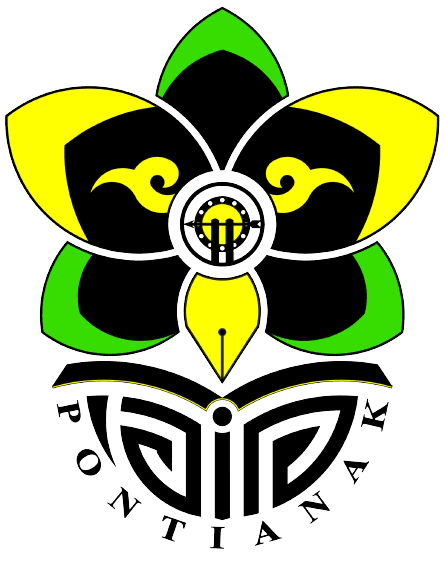COMPARATIVE ANALYSIS OF DA’WAH MANAGEMENT STRATEGIES IN ISLAMIC EDUCATION SYSTEMS: A STUDY OF INDONESIA AND MALAYSIA
DOI:
https://doi.org/10.24260/j-md.v4i2.2062Keywords:
sistem pendidikan, sistem pendidikan di Malaysia, sistem pendidikan di IndonesiaAbstract
Islamic education can be said to be a subsystem that cannot be separated from national education, because it is not only a complement but also a foundation for the formulation of national education goals. This applies in Indonesia and Malaysia. For both countries, Islamic education has also colored the journey of the nation's struggle, up to efforts to maintain and develop its existence after independence so that it has a clear role in strengthening the mental human resources in their respective countries. In addition, there are differences and similarities in the education system. With this difference, there will be a comparison between one education system and another, such as the education system in Indonesia and Malaysia. With this comparison we can see and compare the Islamic education system in Indonesia with other countries which aims to prepare a better education system. In this article the author will discuss the comparison of the Islamic education system in Indonesia and Malaysia and aims to find out how education in Malaysia compares with education in Indonesia. Because it can be seen that the education in Indonesia is still quite low compared to other countries. In this study, researchers used a qualitative method with the type of library study (library reseacrh). The results of the study: (1) The Islamic education system in Malaysia is the same as in Indonesia, which is partly organized using the pesantren and madrassah system. (2) The implementation of the Islamic education curriculum in Malaysia is divided into two, namely based on: a. Tawhid b. The command to read the verses of Allah SWT. (3) Comparison and similarity of the Islamic education institution system in Indonesia and Malaysia.
Downloads
Published
Versions
- 2025-11-18 (2)
- 2023-12-31 (1)
How to Cite
Issue
Section
License
Copyright (c) 2023 Sarah Khairunnisa

This work is licensed under a Creative Commons Attribution-NonCommercial-ShareAlike 4.0 International License.












